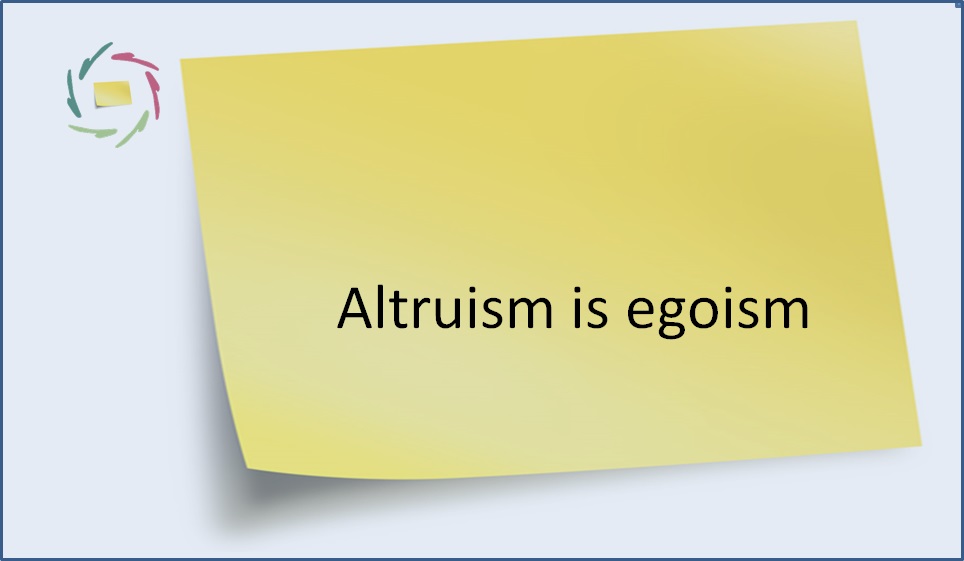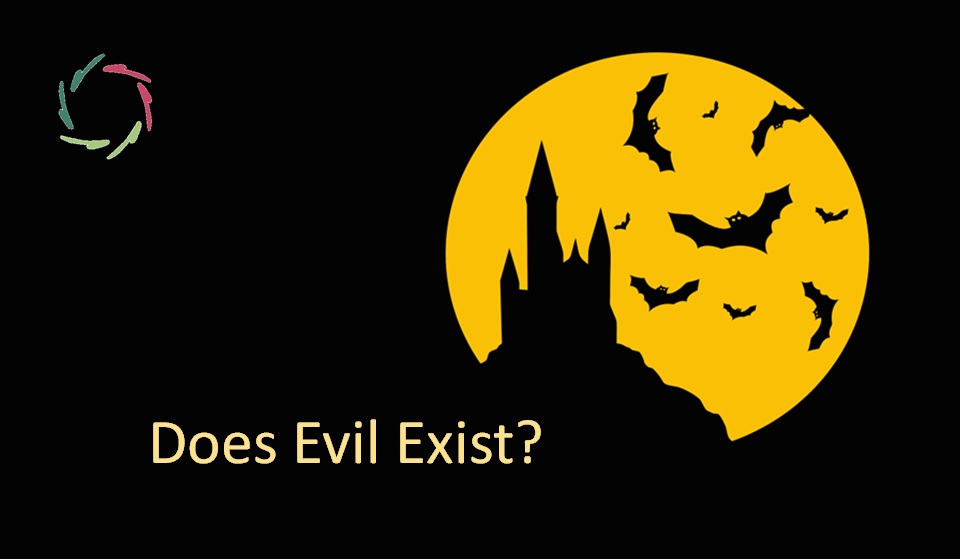ACE towards the Making of a Better Person

ACE (Adopt-Combine-Enhance) is a nice instrument, guided by a synthesis of rationality and poetry.
[see: ’ACE in a Moral World‘]
The making of
No engineering stuff. We are nature. The ‘making’ lies in the support of nature to further itself from inside out. Morality lies in the direction of this support within our natural constraints [see: ‘Morality Is the Relief of Suffering’].
Nature doesn’t like to be changed from outside. It does like to change (grow) from inside. This is the main reason for the Adopt, starting from what is already there.
Combining ‘things already there’ then leads to new functionalities. For instance, humans have agile fingers, together with brains to conceptualize all kinds of stuff. As a result, I’m typing this text on my computer. Hands nor brain have been developed in order to do this typing. The combination makes the opportunity.
In the same example, both elements (brains and fingers) have been Enhanced just enough. Otherwise we would still use them to throw stones or make a primitive fire. Not to put blogs on the Internet.
Better person: ethics
Morality should not be directed towards the making of ethically perfect people who are depressive or ‘zombified’ (not-un-happy but altogether soul-less, see Brave New World – A. Huxley).
Morality should be directed towards the making of ethically sound, reasonably happy people in depth. ‘Superficially happy’ is, in my view, not enough. It doesn’t satisfy me. Does it to you? In any case, the ‘growth’ aspect provides more inner space in which to be happy anyway.
Little space, little happiness.
Big space, big happiness and then a possible overflow of this into good deeds which are themselves filled with happiness, one way or another.
ACE:
- A: the person-as-is, is the basis of morality. We are nature.
- C: living in groups, eventually one worldwide group, is a new element.
- E: using the own nature as much as possible to live a good life in group, we can grow (enhance).
Better person: health
The AURELIS striving goes towards healthy people in body and mind, enjoying life (A and C) and able to adapt (E) to changing circumstances.
AURELIS
Ethics and health come together into the ‘better person’, being better for all including oneself. This is what the end characters of AURELIS are about: Inner Strength to be able to make a difference. Any small difference is OK; a big one can be made if the occasion arises.
ACE leads to proper results within a synthesis of rationality and poetry.
With the latter, I mean the ‘poetry of life’ in a very general sense.
This combination assumes insight. Say: a lot of work. Needed because
- without rationality, poetry leads to chaos
- rationality is in itself not complete without poetry since it’s about the complete
Without this combination (synthesis), ACE can lead to very unseemly results.
Thus:
<Rationality+poetry> is the goal, at the individual level as well as at the level of society.
ACE is the instrument, used by nature. As much as possible, it should also be used by us in any endeavor to ‘make better persons’.
AURELIS is an environment in which this can be realized.


